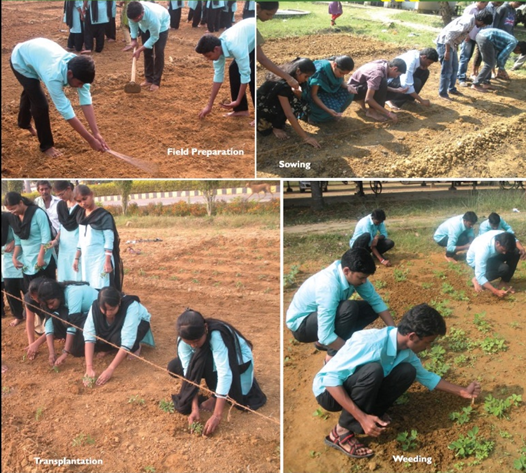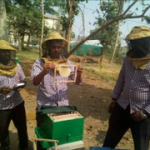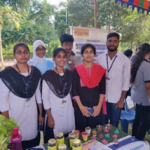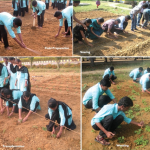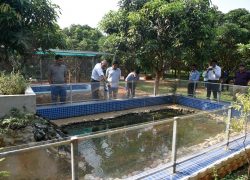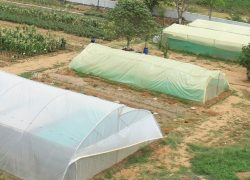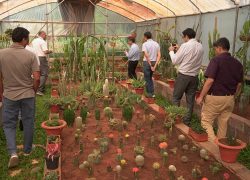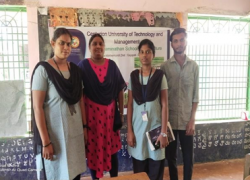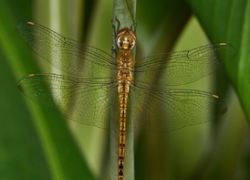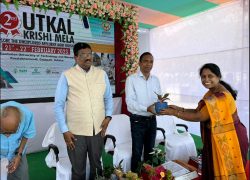Centurion University’s Contribution to Ecosystem Education and Biodiversity Enhancement
Centurion University actively engages in educational programs aimed at enriching the local and national communities’ understanding of ecosystems and biodiversity. These efforts include campaigns, plantation programs, and educational initiatives within various academic courses.
Undergraduate programs like B.Sc. Agriculture incorporates activities such as identifying different weeds, tree species, and wildlife in and around the campus. Students from disciplines like Agronomy, Agroforestry, and Entomology participate in these identification exercises. Additionally, farmers’ training programs encourage organic crop cultivation and other sustainable agricultural practices, enhancing local biodiversity. The students go to the local farmers encoursgig them to adopt sustainable agricultural practices.
Centurion University’s 1.2-acre organic farm serves as a hub for research and practical learning. It features units like Vermicompost, Azolla culture, a low-cost polyhouse, and more, all designed to promote biodiversity and organic farming. Students across various academic programs are actively involved in research and activities that contribute to ecosystem enhancement.
The University also maintains a Soil Health Monitoring Unit, which monitors various soil parameters to inform pollution mitigation measures. Furthermore, students engage in soil sample collection, testing, and result analysis, gaining valuable skills in the process.
These educational programs not only benefit students but also attract local farmers, NGOs, government officials, and even international visitors, further promoting the importance of ecosystems and biodiversity conservation.
